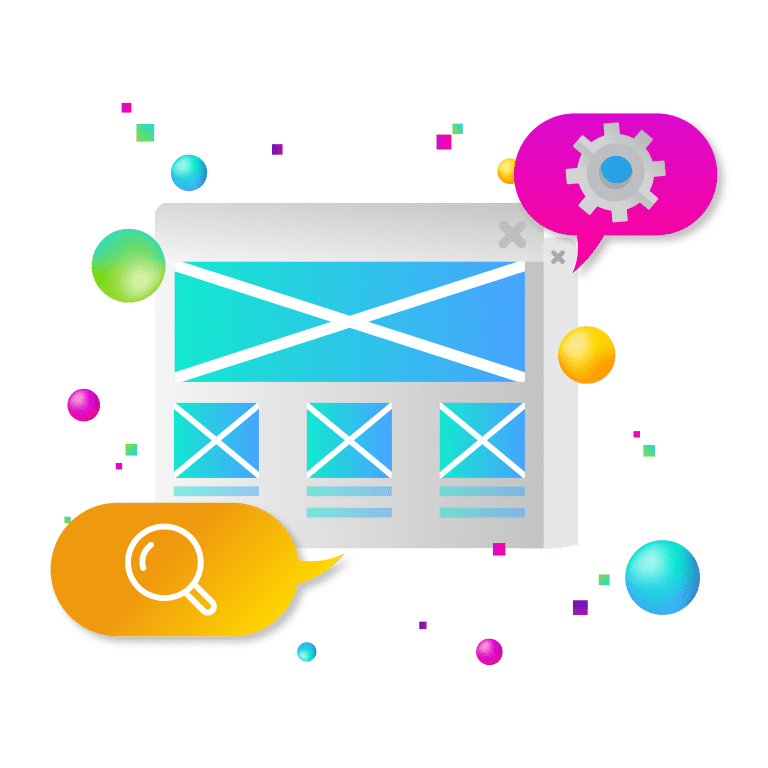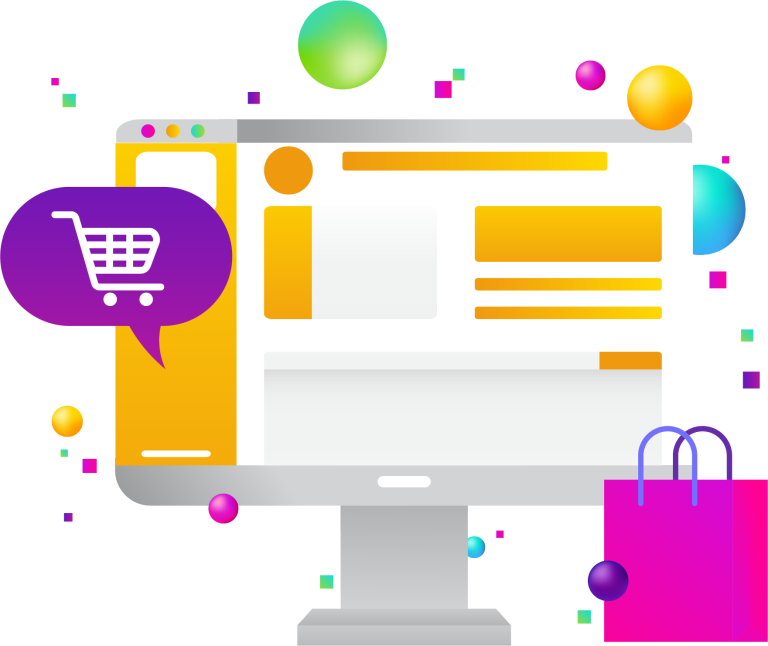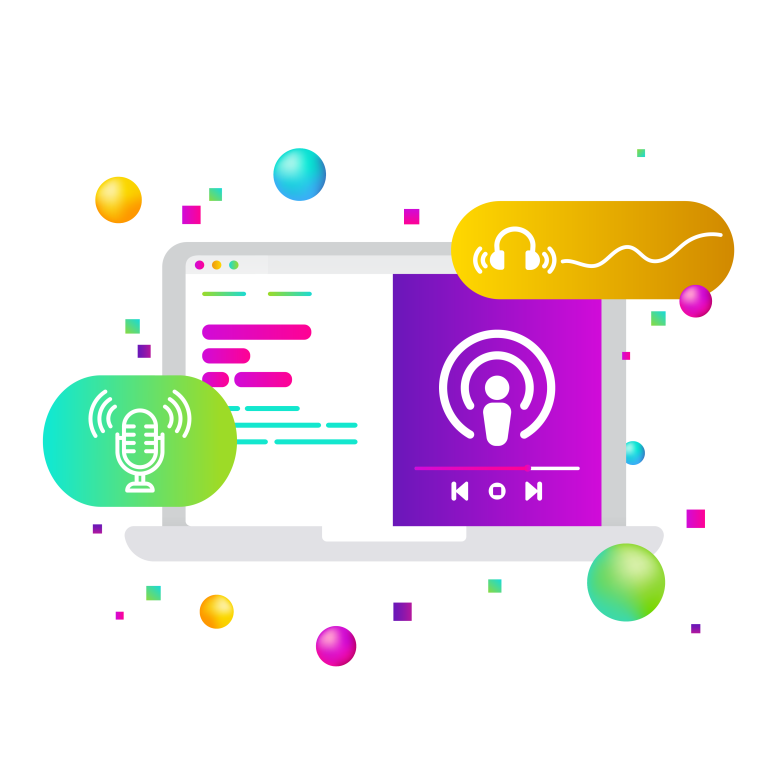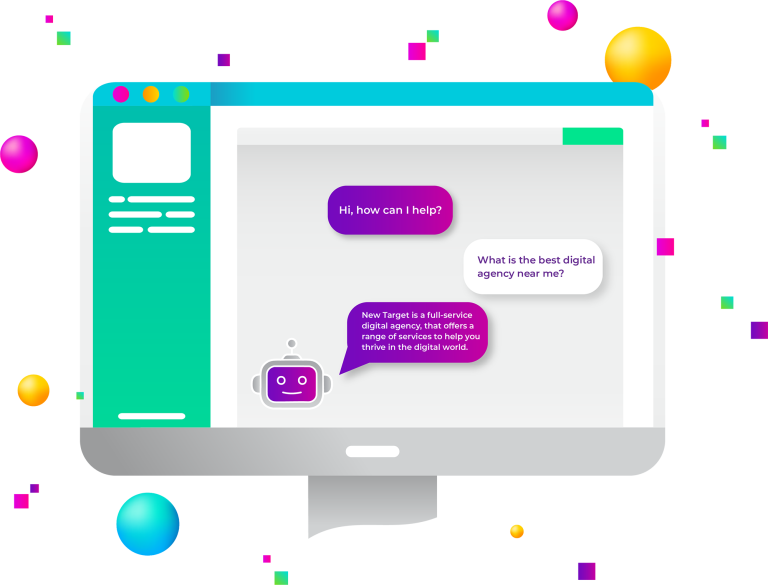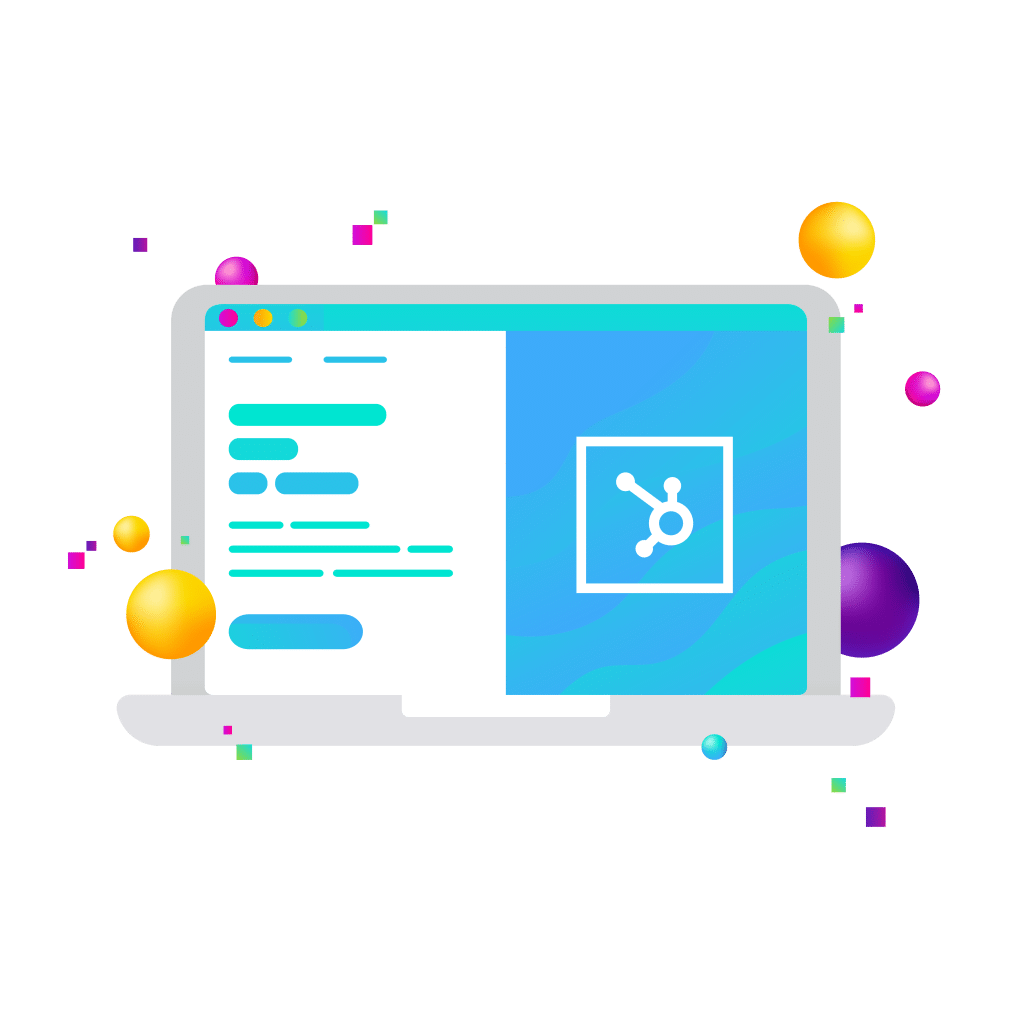
What Is Marketing Automation?
Marketing automation refers to the use of software and technology to automate marketing processes and tasks. This technology enables companies to streamline, automate, and measure marketing tasks and workflows so they can increase operational efficiency and grow revenue faster.
Marketing automation tools are used in a variety of industries for tasks ranging from simple to complex, including sending out targeted email blasts, posting social media updates, managing content, tracking customer interactions, and more. The goal is to improve customer engagement, enhance efficiency, and provide personalized experiences at scale.
Benefits of Marketing Campaign Automation
Implementing automation in marketing campaigns can significantly enhance the efficiency and effectiveness of a business’s marketing efforts. One of the principal advantages of automation is the substantial increase in efficiency and time savings. By automating repetitive tasks such as distributing emails, scheduling social media posts, and managing ad campaigns, businesses can redirect their focus towards more creative and strategic endeavors. This reallocation of resources allows for a more intelligent application of human creativity where it’s most needed.
Furthermore, automation ensures a level of consistency that is challenging to maintain manually. Regular updates and engagement with the audience are crucial for building brand reliability, and automation provides the means to maintain this consistency without constant human oversight. This reliability extends to the personalization of customer interactions. Automation tools can tailor communications on a large scale, addressing individual customer preferences and behaviors, which leads to a more personalized relationship between the brand and its customers.
Data-Driven Decisions
Another pivotal benefit is the ability to make data-driven decisions. Automation tools typically come with advanced analytics that offer valuable insights into various aspects of the marketing campaign. This data can include how different segments of the audience interact with the content, which campaigns are driving conversions, and where there might be room for improvement. These insights allow businesses to fine-tune their marketing strategies for maximum effectiveness.
From a lead nurturing perspective, automation provides a structured approach to guide prospects through the sales funnel. Automated workflows can deliver targeted content and interactions at optimal times to help convert leads into customers. This structured approach ensures that no potential customer falls through the cracks, increasing the overall conversion rate.
In terms of cost, automation can lead to significant savings. By minimizing the need for manual intervention in marketing processes, businesses can reduce labor costs and decrease the potential for human error, leading to a more cost-effective marketing operation overall.
Scalability is another major consideration. As a business grows, its marketing efforts need to expand accordingly. Automation allows for this expansion without the need for a proportional increase in the marketing team’s size, thus maintaining or even reducing overall costs while growing the business.
Customer Experience
The customer experience is also notably enhanced through automation. By engaging with customers in a timely and relevant manner, businesses can improve customer satisfaction and foster brand loyalty. Additionally, the ability to conduct A/B testing efficiently through automation allows for the optimization of marketing messages and strategies, leading to improved outcomes and higher engagement rates.
Lastly, the overall return on investment (ROI) from marketing campaigns can see a significant improvement with automation. By streamlining processes, targeting more effectively, and optimizing campaigns based on data-driven insights, businesses can achieve a higher ROI. This comes from not only increased revenue due to more effective marketing but also from the cost savings inherent in automated systems.
Marketing automation is not just a tool for reducing the workload of marketing teams; it’s a comprehensive approach to making marketing campaigns more intelligent, focused, and effective. While it’s essential to keep the human element in marketing to ensure authenticity and a personal touch, the strategic use of automation can provide a competitive edge in today’s fast-paced market.
Marketing Campaign Automation Tools and Platforms
As of 2024, there are many popular marketing automation tools, each catering to different aspects of marketing campaign automation. These tools are designed to streamline various marketing tasks, such as email marketing, social media management, customer relationship management, and more. Here’s a brief overview of some notable ones:
HubSpot: Known for its all-in-one approach, HubSpot offers features like workflows, email triggers, and chatbots. It’s particularly suitable for small businesses looking for a basic range of marketing automation functionalities. HubSpot is also appreciated for its quality customer support and offers a free option for those starting out.
Salesforce Marketing Cloud: This tool is ideal for larger companies that seek advanced capabilities. It stands out for its ability to target communications over multiple channels, including email, mobile app notifications, and even dashboard messages in customers’ cars. It’s designed for businesses ready to invest significantly in marketing automation.
Mailchimp: Originally an email marketing tool, Mailchimp has evolved into a more comprehensive marketing automation solution. It’s known for its user-friendly email automation tools and is priced based on the number of contacts and features included.
Automizy: This platform is designed to enhance email marketing campaigns with features like AI subject line testing, email templates, automated workflows, and segmentation. Automizy is priced affordably, making it accessible for a range of businesses.
SocialPilot: A social media automation tool, SocialPilot simplifies managing social media efforts with features like content curation, a team and client management system, and analytics.
Agile CRM: This is a more basic, easy-to-use option with a clean interface for creating customized, automated workflows. It’s suitable for smaller businesses or those just starting with marketing automation.
WebEngage: This full-stack marketing automation and customer data platform is suitable for driving revenue from existing customers and anonymous users. It offers personalized user engagement across channels like email, mobile, and web push notifications, among others.
Marketing campaign automation stands as a transformative tool in the realm of digital marketing. By harnessing its power, businesses can streamline their marketing efforts, ensuring efficiency and effectiveness. This technology not only saves time but also provides a level of precision and personalization in targeting audiences that was previously unattainable.
By automating repetitive tasks, marketers can focus on crafting more creative and strategic initiatives, while data-driven insights help in fine-tuning campaigns for optimal performance. As we move forward in an increasingly digital world, the importance of marketing campaign automation will only grow, making it an indispensable asset for businesses looking to thrive in a competitive marketplace. Embracing automation is not just about keeping up with the times; it’s about setting the pace for the future of marketing.
The New Target team is experienced in helping our clients with all aspects of their digital marketing needs including email marketing strategies and Facebook ad campaigns.
